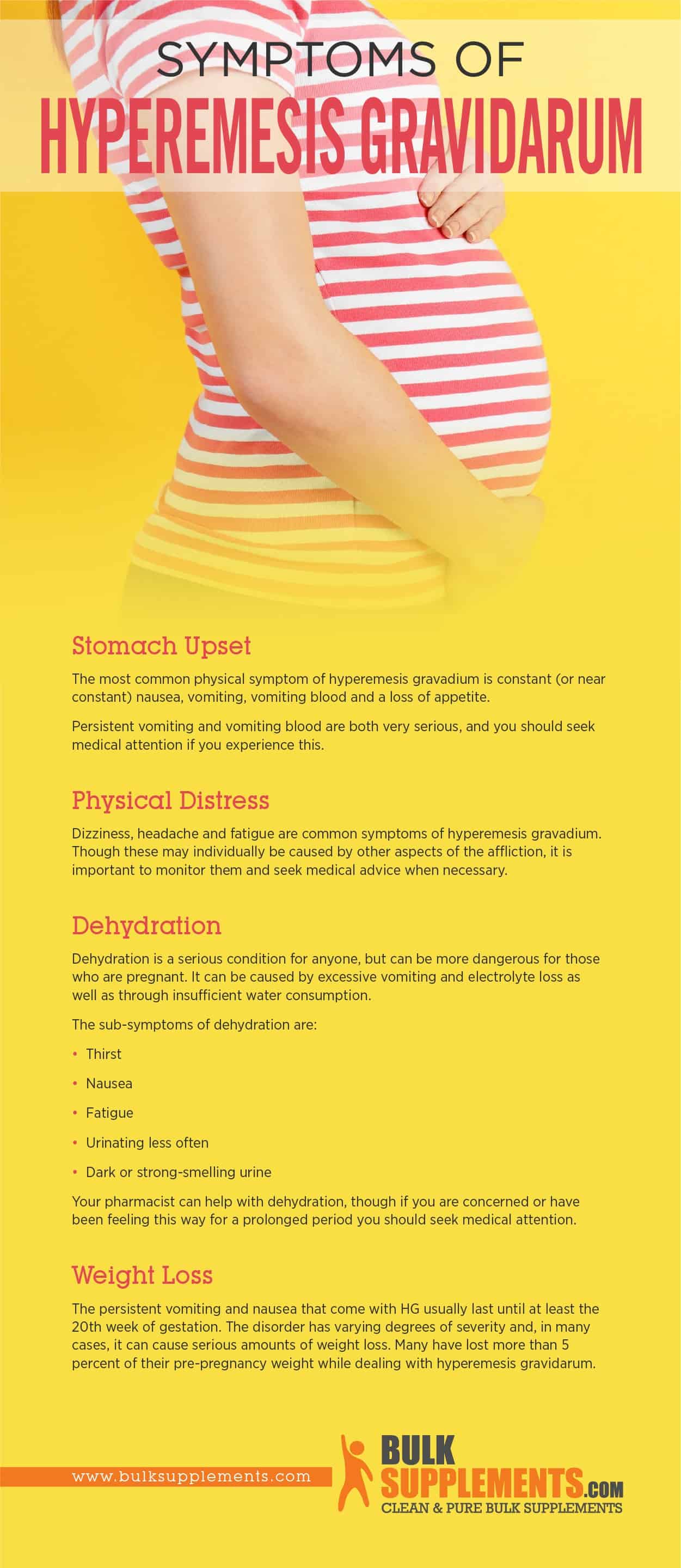Hyperemesis Gravidarum Symptoms: Identifying Severe Nausea And Vomiting In Pregnancy
If you're pregnant and experiencing severe morning sickness, you may be suffering from hyperemesis gravidarum. This condition is a serious form of nausea and vomiting during pregnancy that can have a significant impact on both the mother and the baby. In this post, we'll explore what hyperemesis gravidarum is, its symptoms, treatment options, and more.
Understanding Hyperemesis Gravidarum
Hyperemesis gravidarum is a condition that affects women during pregnancy. It is characterized by severe nausea and vomiting, which can lead to dehydration, weight loss, and other complications. Unlike typical morning sickness, hyperemesis gravidarum does not usually go away after the first trimester and can last throughout the entire pregnancy.
What Is Hyperemesis Gravidarum?
Hyperemesis gravidarum is a condition that occurs during pregnancy. It is a severe form of nausea and vomiting that can cause dehydration, electrolyte imbalances, and weight loss. The exact cause of hyperemesis gravidarum is unknown, but it is thought to be related to hormonal changes in the body.
Importance of Hyperemesis Gravidarum Awareness and Prevention
Hyperemesis gravidarum can have serious consequences for both the mother and the baby. During pregnancy, it is important to be aware of the symptoms of the condition and to seek medical treatment if necessary. Additionally, there are steps that women can take to prevent or minimize the severity of hyperemesis gravidarum, such as eating small, frequent meals and staying hydrated.
Statistics on Hyperemesis Gravidarum
Hyperemesis gravidarum affects approximately 1-2% of pregnant women. While it is not a common condition, it can have serious consequences for both the mother and the baby if left untreated.
Types of Hyperemesis Gravidarum
There are several types of hyperemesis gravidarum, which can vary in severity and duration. These include:
- Mild hyperemesis gravidarum: symptoms are mild and may not require medical treatment.
- Moderate hyperemesis gravidarum: symptoms are more severe and may require medical treatment.
- Severe hyperemesis gravidarum: symptoms are very severe and may require hospitalization and other aggressive treatments.
Risk Factors
There are several risk factors that can increase a woman's likelihood of developing hyperemesis gravidarum. These include:
- Multiple pregnancies
- A history of hyperemesis gravidarum in a previous pregnancy
- A family history of hyperemesis gravidarum
- Being overweight or obese prior to pregnancy
- Being younger than 20 or older than 40 at the time of pregnancy
Recognizing Early Symptoms of Hyperemesis Gravidarum
The early symptoms of hyperemesis gravidarum can include:
- Nausea and vomiting that lasts all day, every day
- Weight loss of 5% or more of pre-pregnancy weight
- Dehydration
- Reduced urine output
- Feeling faint or dizzy
If you're experiencing these symptoms, you should contact your healthcare provider as soon as possible to discuss treatment options.
Diagnostic Tests for Hyperemesis Gravidarum
If your healthcare provider suspects that you have hyperemesis gravidarum, they will likely conduct a physical exam and may order blood tests to check for dehydration and electrolyte imbalances. In some cases, they may also perform an ultrasound to check the health of the baby.
Timely Treatment for Hyperemesis Gravidarum
The treatment for hyperemesis gravidarum will depend on the severity of your symptoms. Mild cases may not require medical treatment, while more severe cases may require hospitalization and other aggressive treatments. Common treatments for hyperemesis gravidarum include:
- Intravenous fluids to treat dehydration
- Medications to control nausea and vomiting
- Dietary changes, such as eating small, frequent meals and avoiding trigger foods
- Bed rest or hospitalization in severe cases
Support and Resources for Hyperemesis Gravidarum
If you're experiencing hyperemesis gravidarum, it's important to have a strong support system in place. There are several resources available for women who are suffering from this condition, including support groups, online forums, and healthcare providers who specialize in treating hyperemesis gravidarum.
Conclusion
Hyperemesis gravidarum can be a serious condition during pregnancy, but with the right treatment and support, women can manage their symptoms and have a healthy pregnancy. If you're experiencing severe nausea and vomiting during pregnancy, don't hesitate to contact your healthcare provider to discuss treatment options.
References

The Chronicles of Nausea: A Diary of Hyperemesis Gravidarum

For one woman's personal journey through hyperemesis gravidarum, check out this diary on the HER Foundation website.

Hyperemesis Gravidarum Awareness
This image from Pinterest highlights the need for hyperemesis gravidarum awareness and support for women who are suffering from this condition.

Treatment Options for Hyperemesis Gravidarum
This image provides an overview of the treatment options available for women who are experiencing hyperemesis gravidarum.
Komentar
Posting Komentar